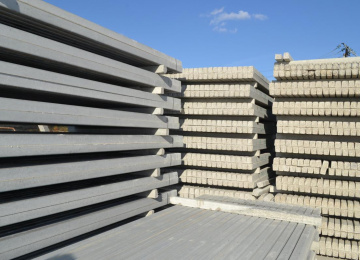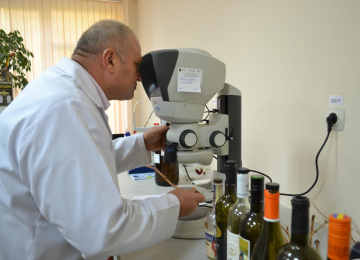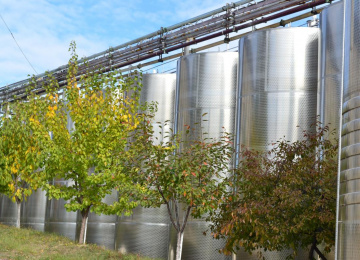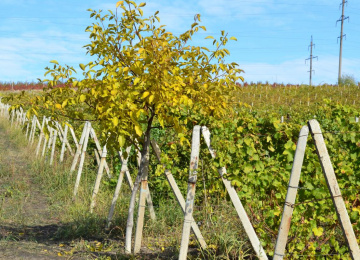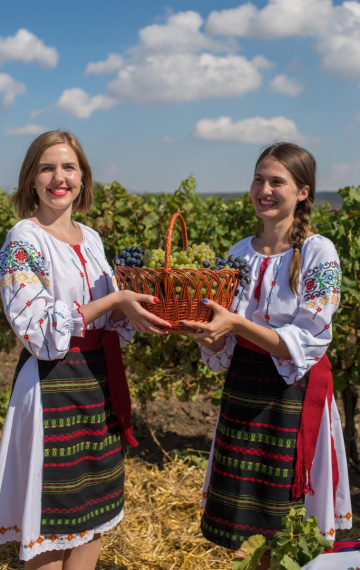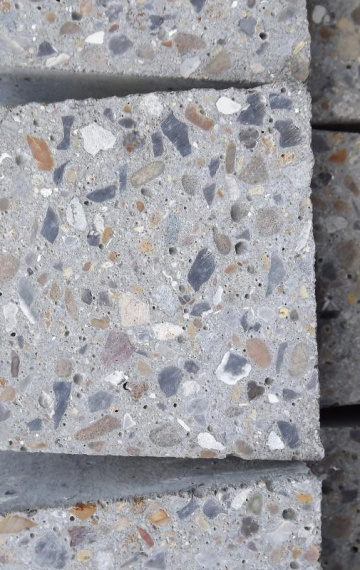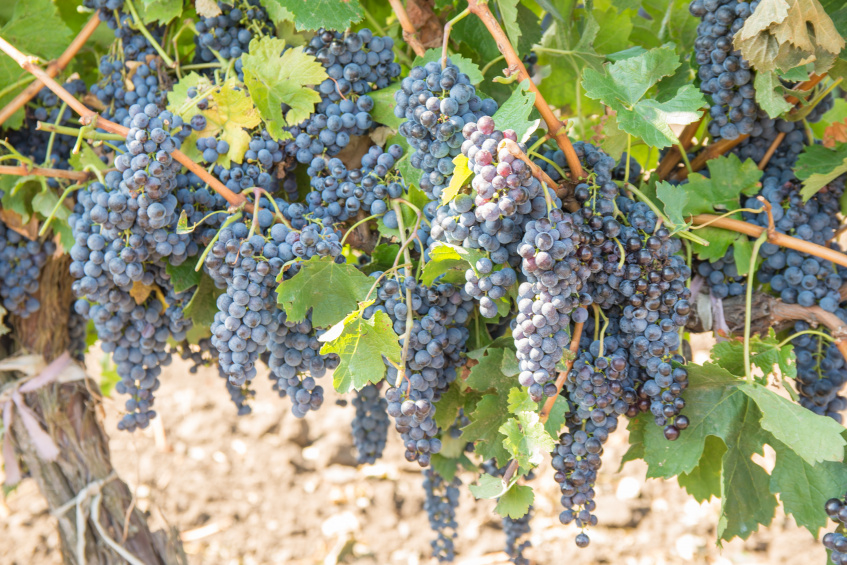
“What defines us is how well we rise after falling.” This quote describes perfectly the wine industry of the Republic of Moldova, which slowly but surely has found the strength to recover after the Russian Federation’s embargoes, imposed first in 2006 and then in 2013.
The wine export restrictions imposed by Russia in 2006, at a time when Russia was the main market for Moldovan wines and accounted for 80-90% of exports, pushed the winemaking sector into deep recession, causing losses of millions of euros. But at the same time, it also generated unexpected positive outcomes, requiring winemakers in particular, and the authorities, to identify urgent solutions to keep the valuable sector alive.
The restructuring of the wine industry required considerable efforts to identify new markets and guarantee the authenticity of wines, to plant new vineyards and rebrand the wineries in accordance with high European standards, to improve the quality of the wine and to promote them under the country’s trademark.
All of this required substantial financial resources, which could not be covered by the wine industry alone. Hence, the government of the Republic of Moldova and the European Investment Bank (EIB) worked together to draw up the Wine Sector Restructuring Programme (Filière du vin), implemented in 2014-2016 and co-funded by the EU as part of its broader EU4Business initiative to support private sector growth in the region. Through the programme, the EIB granted Moldova a loan of €75 million for a 12-year period under 0.68%+ EURIBOR (a daily reference rate based on the averaged interest rates in Eurozone) terms. Many winemakers who were struggling to survive could breathe, at last, and have since become enthusiastic about developing the sector.
 Alianţa-Vin – a company with more than seventy years of tradition, located in Strașeni town in the Central part of the country – benefited from a €500,000 loan through the Filière du vin programme. Since wine fermentation represents the most important technological process, the company used the loan to invest in modern stainless steel containers.
Alianţa-Vin – a company with more than seventy years of tradition, located in Strașeni town in the Central part of the country – benefited from a €500,000 loan through the Filière du vin programme. Since wine fermentation represents the most important technological process, the company used the loan to invest in modern stainless steel containers.
“The containers we used before were made in the 1950s and were beyond all repair due to their age and wear,” says Vladimir Miron, the Company’s Technologist, who has more than 30 years of experience in the business. Now in their second year of use, the new stainless steel containers – which maintain a constant temperature in the fermentation process and do not allow the grapes and must to oxidise due to air exposure – have already proved their worth. “You cannot beat the quality of a stainless steel container manufactured in accordance with European standards. The new production conditions have a direct impact on wine quality,” says Miron.

Agrogled, a company from the South of Moldova, found a different use for the EIB loan they obtained under the same EU4Business programme. They decided to invest the €2 million loan to plant hundreds of hectares of vines and to build a water reservoir, which solved their irrigation problem.
“We have planted the most sought after types of grapes – Pinot, Cabernet-Sauvignon, Chardonnay, Merlot and Sauvignon. These are traditional grapes appreciated by the connoisseurs,” says Yurii Gurgurov, the Financial Director of the Company. “I do appreciate the financial efforts made recently to support the wine industry, but I believe the market is still the key element in developing this industry. Our current export markets are Germany and Romania,” he says.
The restructuring of the sector has been an opportunity for other industries that support the entire process. One such example is a brand new plant for the local production of high quality reinforced concrete posts, essential to support the vines.
 Two companies, Fortus SRL and Cebacot SRL, got together to establish a new business for the production of concrete posts used in vineyards and orchards. A total of €2 million was invested into the construction and equipment of a new plant in Strașeni commune, near Chișinău, supported by the Filière du vin Programme. The EIB secured a €1.33 million loan.
Two companies, Fortus SRL and Cebacot SRL, got together to establish a new business for the production of concrete posts used in vineyards and orchards. A total of €2 million was invested into the construction and equipment of a new plant in Strașeni commune, near Chișinău, supported by the Filière du vin Programme. The EIB secured a €1.33 million loan.
“The posts are manufactured according to a new, modern Italian technology, based on compression, which ensures, besides the elasticity of the pillars, their hardness too,” says Vladimir Zanovei, the Manager of Fortus SRL, explaining the importance of specialist technologies to support the correct growth of the vine and the weight of the grapes. “While the vineyards with old posts yielded 15 tons of harvest per hectare, the new technology yields 45 tons per hectare. It is more profitable to work 10 hectares than 30 hectares, with the same productivity,” he says. The cost of the reinforced steel posts produced in Moldova is 165 MDL (€8), compared to €25 for imports, and they have a lifespan of at least 50 years.

Five per cent of the €75 million loan provided by the EIB is directed to science and innovation. One of the main beneficiaries is the Oenology Department and Micro Winemaking Unit of the Technical University of Moldova. The total investment amounted to about €4 million, of which €1.85 million was provided by the Filière du vin programme, and the remaining amount by the university. The department had not upgraded its equipment for more than 50 years, so the investment was long overdue.
Today, teachers and students are able to use modern European equipment to test the quality of wine and to conduct research, which is essential for further development. “The renovation of our department has resulted in cooperation agreements with international universities. Having such a high level of research and activity, being equipped even better than some European universities, our international peers look at us with different eyes,” says Anatol Bălănuţă, Head of the Oenology Department within the Food Technology and Management Faculty.

Besides the €75 million loan provided by the EIB, Moldova benefited from an EU-funded technical assistance project, which supplied €2 million for different activities, including the assistance of international consultants in upgrading and re-equipping grape processing facilities, as well as international study visits and exchange of ‘know-how’. This is all part of the EU4Business goal to support SMEs with both finance and advice, unlocking their potential so they can take advantage of free trade opportunities with the EU and ultimately create jobs, prosperity and growth back home.
“The entire sector is encouraged by this investment,” believes Bălănuţă, “and consequently, the quality of Moldovan wine improves. Although there are still many issues, our wine can now compete with the rest of the world.”
There is a sweet and crisp smell of processed grapes in the Micro Winemaking Unit during the month of October, when the grapes are harvested and crushed. The students learn from their teachers how to make quality wine with modern winemaking equipment. After graduation, they hope to work in the wine industry, here, in the country. “The working conditions in this Micro Winemaking Unit are better than in some wineries in Moldova. Apart from good grapes, making good wine requires good equipment to ensure an unimpaired quality. We have this equipment, and we have all the necessary ingredients to make the best wine,” says Ilie Bunescu, a 2nd year student.

A company’s image is essential to attracting customers and increasing sales. This is the motto of Vinăria din Vale (Winery in the Valley), a beneficiary of another EU4Business project implemented by the European Bank for Reconstruction and Development (EBRD).
A family business from the South of Moldova, Vinăria din Vale received funding to design its webpage. “Once we had reached a steady business development path, we needed to promote ourselves in local and international markets. The creation of the webpage helped inform our customers about our wines as well as our international wine awards. Without doubt, this financial support helped us to develop our family business and to attract more customers,” explains Elena Davidescu, the Marketing Director of Vinăria din Vale.
Currently, the EU is the main market for Moldovan wines. The Russian ban has forced winemakers to diversify their markets. Learning the hard way, they have redirected their exports not only to the EU, but also to the USA and Asia. Elena Davidescu is confident of the potential of Moldovan wine: “Moldova is a country with good soil. We have the sun and the chernozom (a highly fertile soil) – two key ingredients to grow sweet grapes.”

With the support available from the EU, as well as the determination of all involved in the country’s wine production, Moldovans have witnessed their country’s wine industry rising from the ashes, overcoming the obstacles of the recent past and growing into a competitive player on European and international markets.
*******************************
The total investment of the Filière du vin programme in the rehabilitation and development of the entire value chain of the wine industry has exceeded €104 million, of which about €50 million was provided by the European Investment Bank from a total budget of €75 million.
More than €74 million in investment was used to redesign and plant 2,271 hectares of vineyards, to implement 71 investment projects, and to upgrade and modernise the technology in 55 wineries according to international quality standards. More than €22 million was invested in upgrading eight auxiliary companies that produce ecological packaging, wine bottling accessories and wine equipment that meets the EU standards. The investments in vineyards and winemaking technologies have amounted to a total of €330 million in the past 10 years.
The wine industry represents 3.2% of Moldova’s GDP and 7.5% of total exports. About 150 companies operate and 250,000 people are employed in this sector.
Author: Mariana Tabuncic
Article in Romanian published in ‘Profit’ magazine
This article was produced in the framework of the ‚EU NEIGHBOURS east’ project. The views expressed are solely the ones of the author of the article


